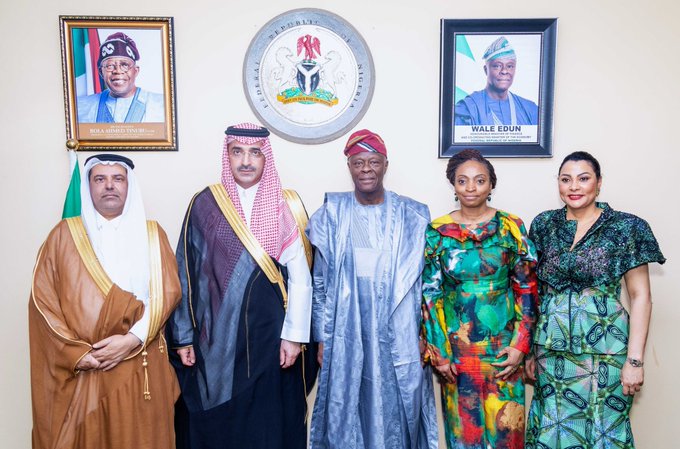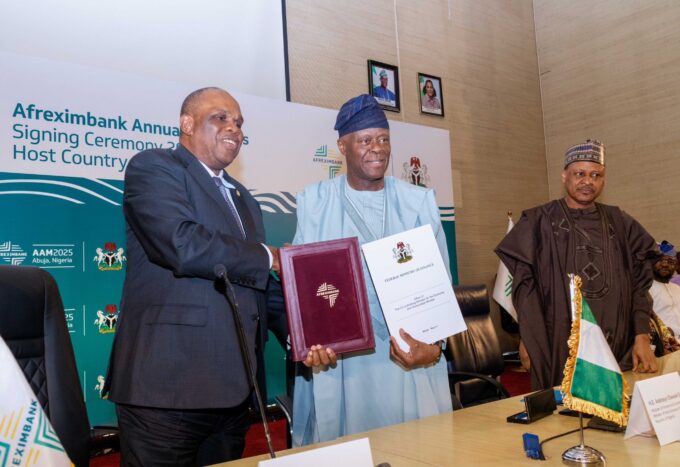The International Monetary Fund (IMF) has predicted Nigeria’s economy to grow by 2.6 per cent this year and a 2.7 per cent growth in 2022.
This is according to the October Regional Economic Outlook for Sub-Saharan Africa: One planet, two worlds, three stories, made available at the ongoing Annual Meetings of the IMF and World Bank in Washington on Thursday.
It stated that the growth would be driven by recovery in non-oil sectors and higher oil prices.
“Growth will inch up slightly to 2.7 per cent in 2022 and remain at this level over the medium term, allowing GDP per capita to stabilise at current levels, notwithstanding long-standing structural problems and elevated uncertainties.”
The IMF outlook also estimated that sub-Saharan Africa’s economic growth would be 3.7 per cent in 2021 and 3.8 per cent in 2022.
It attributed that the recovery would be supported by favorable external conditions on trade and commodity prices.
It also stated that the region had benefited from improved harvests and increased agricultural production in a number of countries.
In his opening remarks at the media briefing on the outlook, Mr Abebe Selassie, Director, African Department, IMF, said the recovery followed the sharp contraction in 2020 and was much welcome.
Selassie, however, said the growth still represented the slowest relative to other regions attributing the divergence reflected the slow vaccine rollout and differences in policy space.
“Against this backdrop, I want to highlight three areas which need concerted action by policymakers in countries and indeed the international community:
“The first of these is inequality. Policies need to be squarely focused on addressing the challenge of poverty to prevent the insecurity in the region.
“Policymakers need to navigate among three challenging pressures: pressing spending needs to address the many social, human capital, and infrastructure needs; limited borrowing capacity given already high public debt levels in most cases; and the time consuming and politically difficult nature of mobilising tax revenues.”
The director stated that countries, skillfully navigating the challenges, would have a huge bearing on the macroeconomic well-being and growth prospects.
He stressed the importance of international solidarity and support to facilitating divergent health, poverty, and economic outcomes.
He also said the global population was set to grow by about two billion people over the next three decades, with half of that increase coming from sub-Saharan Africa.
“This presents a huge opportunity: a growing pool of human talent and ingenuity that will have a telling effect on the economic, social, and political trajectory of our planet. We need to pay more heed to this phenomenal opportunity.”
Selassie further reiterated the commitment of the IMF to supporting sub-Saharan Africa tackle the broad array of challenges it faced.














